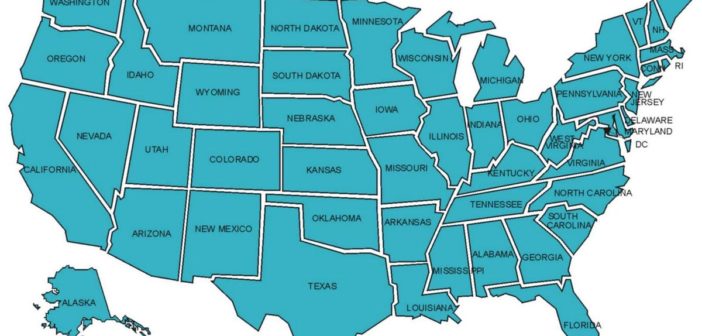By Yvan Lafortune
In the gospel of Mark, the evangelist says that a divided house cannot support itself and will ultimately collapse. In the same perspective, the United States of America is a house experiencing division within their ranks. Despite some progress as a society, there are still issues in the way that minorities are treated across America. There is even a certain irony in the name when considering that the people of the United States of America are not even united to begin with. Thus, introducing the subject of affirmative action.
Before speaking about the pros of affirmative action, it is important to shed some light on the negative aspects of affirmative action. It works as a reverse discrimination concept and can lead to developing a victim’s attitude. Minorities can feel that they will always get relegated as a second option and in the process develop antagonistic feelings toward any white individual. Minorities can feel like they deserved a particular job and pull out the racial prejudice card even if they didn’t meet the qualifications for said job; it becomes then a system based on race and not qualifications. It can even decrease incentives for minorities as they feel that they will undoubtedly not get selected for jobs. This can lead to resentment over a feeling of humiliation towards the minorities and escalating to bigotry from both camps. When passive methods yield no effect, individuals tend to use more aggressive measures so that their voice and frustrations might be heard.
However, one of the pros concerning affirmative action is that it is promoting the idea of diversity. The idea of diversity eliminates from the jump of the concept of bigotry. Teaching individuals to accept diversity in their early stages of life is beneficial for both parties; the next generation then grows up to view the differences of others as assets that can help them live better. Then, the concept of racism is gradually eliminated to as all parties learn to look beyond the color of one’s skin or their ethnicity.
The past crimes of the father are not necessarily the crimes of the son. The predominant class in the United States does not owe minorities anything. The actions of their fathers have indeed structured the way that we currently experience things as a nation, but they are not responsible for the woes of the minorities. They just happen to have been dealt the better hand by fate. Nevertheless, an attempt at introducing diversity in the earliest stages of the lives of their children can be viewed as an extension of an olive branch to the minorities. A showcase of peace that they want to end the circle of resentment. It shows that they are willing to work together so that they do not repeat the mistakes of their fathers.
If conducted correctly, affirmative action can prove to be an important stimulating factor for growth in the economy. If the labor force is used to its maximum potential, regardless of race, and based on qualifications, the results can be significantly high in terms of profits that they will generate for the country.
As it has been seen in the previous paragraphs, affirmative action can also have negative or inverse consequences. People might feel that they will get cheated by the system somehow and then the wrong people can occupy those positions, which can lead to a decrease in production as underqualified people occupy said positions. It can even lead to bigotry. However, affirmative action promotes diversity, in a way that race does not matter so that everyone could enjoy the system.





